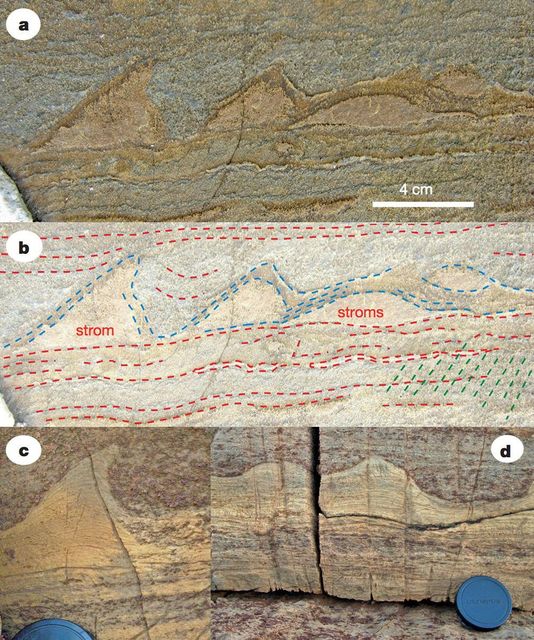Thomas C. Mountain
The UN just announced that due to drought and famine over 300,000 Somali children are suffering from severe malnutrition. This means that over 100 children are already dying everyday from starvation. Soon the number will reach many hundreds a day, bringing back memories of the most recent Great Horn of Africa drought in 2011-12 when the UN admitted that 250,000, almost entirely children, died from starvation. And this drought and famine is worse.
The reason so many Somali children are starving to death is triggered by the latest climate disaster in the form of the El Nino drought. But the fact that Somalia itself, this meaning from the former capital Mogadishu south to the Kenyan border, is in a state of foreign occupation and war is exacerbating the situation.
The ongoing war in Somalia was started by the UN back in 2006 when the UN and AU, and ultimately the USA, sanctioned Ethiopian army invaded Somalia and overthrew the existing government headed by the Union of Islamic Courts.
Until the Ethiopian invasion and occupation of Somalia in 2006 the country was peaceful and starting to rebuild a war torn nation thanks to the Union of Islamic Courts (UIC), a coalition of Somali Clan Elders and senior Islamic religious leaders or Sheiks.
The UIC’s popular militias had driven the warlords and gangsters out of Mogadishu and through negotiated settlements had spread its influence increasingly to the south bringing peace to most of Somalia.
The Port of Mogadishu had been reopened and talks for reopening Mogadishu Airport had begun. In other words, for the first time since 1991 Somalia was in a state of peace.
This was all shattered when the UN and its African Union gendarmes, the Ethiopians, invaded Somalia, occupied Mogadishu and placed a bounty on the heads of the UIC, who mostly being older, had to flee the country into exile.
What was left to lead the wave of Somali nationalism opposing the invasion and occupation by their historical enemies, the Ethiopians, was Al Shabab, the youth wing of the UIC who picked up the gun to fight an armed struggle for national liberation.
Eventually, the fanatic wahabist wing of the youth movement for national liberation defeated the quite moderate UIC elders lead fighters and voila, today’s “terrorist” organization known as Al Shabab was born.
The UN, the AU and behind it all, the USA, was never going to allow any “Islamist” government to take over in such a strategically critical country like Somalia at the mouth of the Red Sea and potentially able to control the Baab Al Mandeb entrance to the Indian Ocean.
Just as in Libya, the western instigated funded and directed overthrow of an independent, nationalist government created the conditions for fanaticism to thrive, as in Al Shabab in Somalia.
The Somali people didn’t create Al Shabab, the UN did by starting a war that is still raging today, ten years later. And worse yet by creating a monster in the form of an army lead by religious fanatics under a banner of Somali nationalism you guarantee that there will be unending violence and even more famine and genocide.
Famine and genocide, it seems something that the UN specializes in when it comes to Somalia, for the UN is responsible for feeding the internally displaced persons its war against the Somali people has been creating for a decade now, and simply fails to do so.
In 2011 the UN via UNICEF only budgeted 10 cents a day, $35 million, to feed a million Somali refugees and a quarter million starved to death. Today there are far more children starving for this time the drought is worse. Yet the UN is standing by and once again allowing hundreds of thousands of Somali children to starve.
The UN has spent untold $Billion$ funding the AU implemented occupation and war in Somalia in the name of fighting terrorism in the form of Al Shabab, with over 30,000 AU “peacekeepers” occupying Somalia.
Sounds familiar doesn’t it, $Billion$ for war and never mind the hundreds of thousands of starving children the UN is responsible for? And so it happens that we find ourselves once again predicting the next UN sponsored genocide in Somalia.

